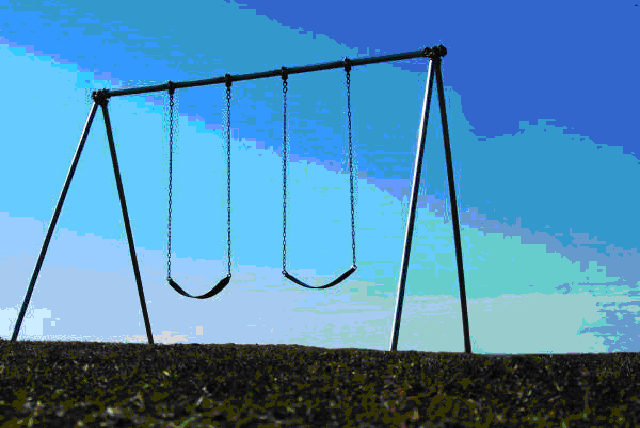Class in session: Pesticides 101
Today at the New Hampshire Statehouse, a committee is discussing the health effects of children’s exposure to pesticides. Planned Parenthood of Northern New England is a part of the conversation, urging legislators and opinion leaders to stop using pesticides at public play spaces such as school play grounds, and to use safer alternatives. Let’s take a minute to answer some questions (pay attention, there might be a quiz):
What exactly are pesticides?
Pesticides are used to control or kill weeds, bacteria, rodents, fleas and ticks, mosquitoes, and other insects or pests. They are made up of more than 1,000 active chemical ingredients and come in different forms: liquids, aerosols, baits, powders, concentrates, and fumigants.
Who makes sure pesticides are safe?
The Environmental Protection Agency (EPA) is responsible for regulating pesticide use, but their regulations have weaknesses that allow hazardous chemical s on the market. These exposures are often sufficient enough to cause illness.
s on the market. These exposures are often sufficient enough to cause illness.
How do I become exposed to pesticides?
You can encounter pesticides in your everyday activities: residue in water, food, dust, homes, schools, commercial buildings, parks, and other recreation areas. Chemicals may be eaten, inhaled, or absorbed through the skin. You can also be exposed at work especially if you are an agriculture worker (farmer), landscaper, exterminator, or livestock breeder.
What are my risks?
Virtually all of us are exposed to some level of pesticides. The risk of pesticide exposure depends on the toxicity of the chemical and the level, timing, and duration of exposure.
Severe poisoning requires a sufficiently large and concentrated exposure — people who work with pesticides every day have the highest risk. However, it is more common that people have repeated lower level exposures, which can still lead to health issues such as birth defects, cancer, and infertility.
How can I protect myself?
- Wash and/or peel ALL fruits and vegetables before eating and buy organic food, if possible.
- Avoid spraying pesticides inside, in the garden, and on pets. Keep unwanted insects and pests out of your home by sealing cracks and holes around doors, windows, and baseboards, and seal food in containers.
- Use baits and traps rather than sprays, powders, or pesticide strips. For some alternatives, go to www.pesticide.org/factsheets.html#alternatives.
- Combing hair for lice is the most important aspect of head lice control. For more information on managing lice, go to www.epa.gov/pesticides/ipm/schoolipm/chap-11.pdf.
- If you work around pesticides, protect your home and family by removing your uniform, shoes, and clothing before entering your home. Be sure to shower before caring for children.
Let us know how you keep your family safe from pesticides.
Keep Reading...
Tags: breast cancer, cancer, environment, environmental health, pesticides, Planned Parenthood of Northern New England, play grounds

June 16th, 2010 at 1:55 pm
Many families put a hight priority on organic food and making sure that their babies bottoms are protected from pesticides in diapers, but few consider organic feminine care for their daughters and mothers.
Organic tampons, like organic food, are an important option to consider. Conventional tampons are commonly made from rayon that is treated with hazardous chlorine bleaches that result in dangerous chlorinated toxins being released into the environment.
Overtime, these chlorinated toxins can accumulate in the environment. According to the EPA, exposure to minute levels of dioxin, which is a chlorinated toxin, can result in immune system malfuntions, altered endocrine hormone activity, and studies have show a direct link between dioxin exposure in the environment and cancer, birth defects, and reproductive disorders.
Organic cotton tampons contain 100% pure cotton grown without pesticides and not bleached with chlorine. Plus, they work just like conventional tampons.
If every woman of menstruating age replaced one 16-count package of regular applicator conventional cotton tampons with organic cotton tampons, like those made by Seventh Generation, we could prevent 17,000 lbs of pesticides from polluting our rivers, lakes and streams. Considering that the average woman will buy more than 11,000 tampons in her lifetime, organic cotton tampons are a simple but important choice to make a difference.
Mothers and daughters can learn more about organic feminine care at http://www.letstalkperiod.com.